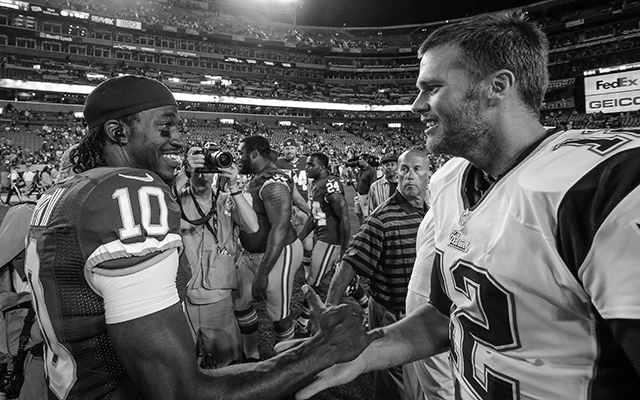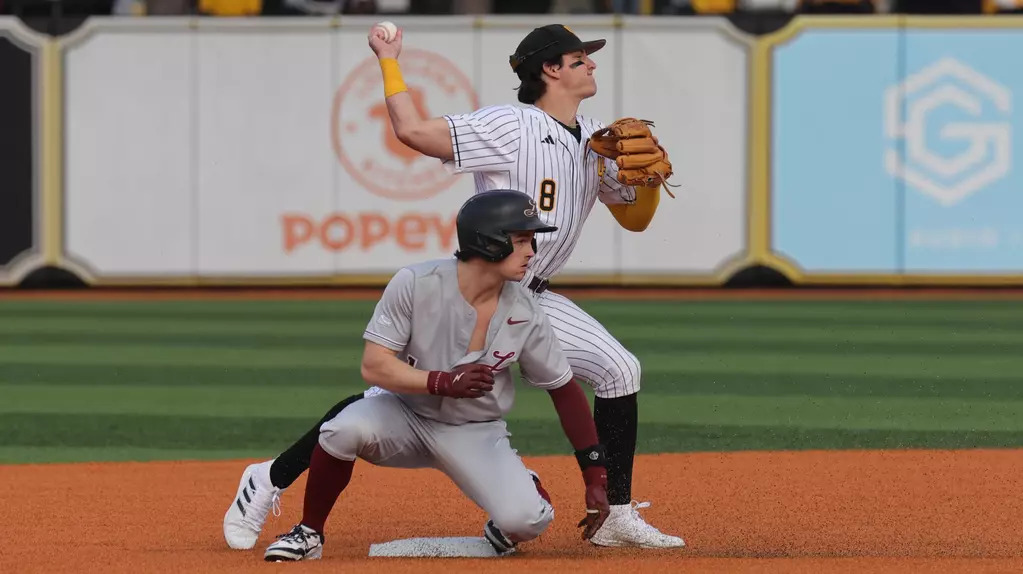
Drew Friedman ’16 and Mike Morgan ‘16
Collaborative Writers
Before learning how to throw a curve off the mound, before serving your first ace on the tennis court, before scoring a goal in a pee-wee soccer game, you learn to be a “good sport.” Sportsmanship is the only thing that is ubiquitous in all sports. Whether you are on ice, grass, dirt, or hardwood, during and after the game there are unwritten rules that maintain the integrity of each sport. These rituals are sometimes bent, like when Lebron James refused to shake hands with the Orlando Magic after a 2009 playoff loss, but are never broken. Ever since the beginning of the modern day sporting, sportsmanship has stood its ground. But is it vital to the games in which we grow up with? Is it only maintained as a model for the youth? Why do we value sportsmanship in society?
Mike Morgan: There seems to be a slight concern in professional sports about the way the players act between the lines of the field. The most obvious example of this is in football, where there is a penalty called “unsportsmanlike conduct.” This results in a 15-yard penalty, which is substantial, but not exactly a Draconian punishment. Excessive celebration could land a player with this kind of a penalty, as could arguing or taunting. Leagues even fine their players and coaches for poor displays of sportsmanship. But why do leagues even bother to take these measures? Realistically, how bothersome are these punishable offenses?
Drew Friedman: While sportsmanship would remain for future generations in sports, it is absolutely necessary to enforce penalties. Players like Ndamukong Suh, and Luis Suarez are the reason sportsmanship has to be under the eye of officials. Even though they are a small sample of their respective sports, without any policing these extreme acts would create anarchy. One bite would turn into ten, and soon all soccer players would be biting each other to get to the ball. But in all seriousness, penalizing unsportsmanlike actions is necessary, regardless of how minor the sanction is.
Mike Morgan: I think these actions are taken largely with the youth viewers in mind. Disciplining young athletes by instilling good sportsmanship habits has a spillover effect into other aspects of their lives. They learn that fighting is not the way to solve disputes because they learned that there would be repercussions if they did this in a Pop-Warner game. The same goes for taunting. This is not acceptable in youth sports and it is not acceptable in society. If young athletes are brought up learning to play respectfully, there will be positive effects elsewhere in their upbringings. This is what makes youth sports so great. But if junior grows up watching his favorite players in the NFL showing bad sportsmanship every Sunday, he’ll be more likely to act similarly. After all, pro athletes are role models, and kids imitate their heroes.
Drew Friedman: This is true. Athletes, while it is a stereotype, often come from beaten up homes and run down neighborhoods. The sport they play is the positive light in a dark life. What they do on the field is practically therapeutic, and they would never risk losing it. Starting at a young age they teach sportsmanship, but the motivation of maintaining this positive keeps them at bay, not the coach telling them to shake the other teams’ hands.
While sports culture has seen its fair amount of changes in years past, the presence of sportsmanship has always remained constant. Without some kind of sportsmanship, no matter what age, sports would be chaotic. Players would act out, misbehave, and put on a poor display and undermine the true purposes of sports.









































































































